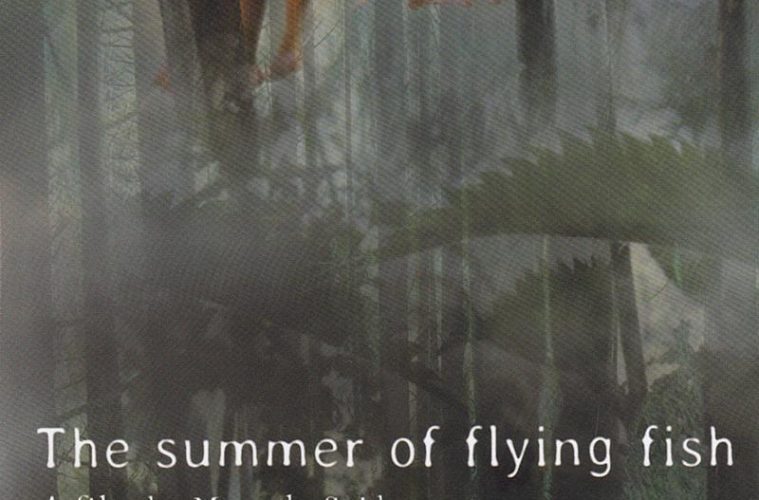The Summer of Flying Fish is not an easy film to discuss. Sparse, beautiful and often leaving the audience in limbo, the narrative feature debut of Chilean documentarian Marcela Said takes a unique on-the-ground point of view verses the political arial overview. The film is an ensemble character drama, told mostly in long, observant takes, using a long-standing conflict between the native Mapunche and white (European) landowners. For uninitiated audiences, the film offers little backstory, as initially, the conflict is treated as a background event that occasionally enters an annoyance (quite literally in one scene, a road block).

At the center of the story is Poncho (Gregory Cohen), a wealthy landowner and his daughter, Manena (Francisca Walker), whom we learn is American. He wishes to head to Manhattan, she doesn’t – and this is not a major plot point. A structure this lucid is a little disorienting at times, however Marcela Said’s documentary roots create a superb sense of realism, including the employment of non-professional actors. Representative of a new trend in Latin American cinema (along with Lisandro Alonso, the Argentine director), Said has crafted a realistic, ethnographic narrative, a study of landscape and political geographies more so than characters — however it is very interesting that this is perhaps not her intent.
The film subtly shows the rhythms of life and work, including Pancho’s obsession with the carp population in his private lake (leading to an incident where a young man potentially loses his hearing when Pancho orders explosives used). This is not treated as an action sequence of a pinnacle of great drama, but it’s rather a small moment. Manena grows rebellious as all teenagers do — but again, no tremendous moments of drama. Cold and observant, Said’s camera remains at a distance (often in slightly unconventional frames, frequently in a medium to wide shot). I fear this distance may not always work, especially for an audience unfamiliar with this conflict; the information requires some heavy lifting from the audience.

Yet, perhaps this is all the more reason to experience The Summer of Flying Fish. It’s a sensory immersion experience with some stunning landscape shots. Also these shots are slightly off and look as if they were photographed a stop or two too dark. The plight of the Mapunche peoples is grossly under-represented and this is by no means a drama that simplifies the history of the conflict into a traditional three-story narrative encompassing the past, present and future in a matter that is easy to understand. In fact, Said provides a more unique approach; we are privileged to see the world from the perspective of a documentarian gathering facts. The heavy lifting requires assembling the narrative from the raw data we’ve given in 85 minutes. While this device isn’t the most effective (or the broadest), it respects the intelligence of the audience while testing their level of engagement. Challenging in passages, The Summer of Flying Fish is a beautiful and troubling portrait.
The Summer of Flying Fish plays TIFF on September 5th, 6th and 15th. Watch the trailer above and click below for our complete coverage.


